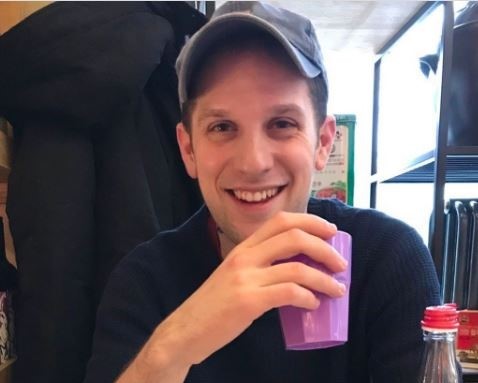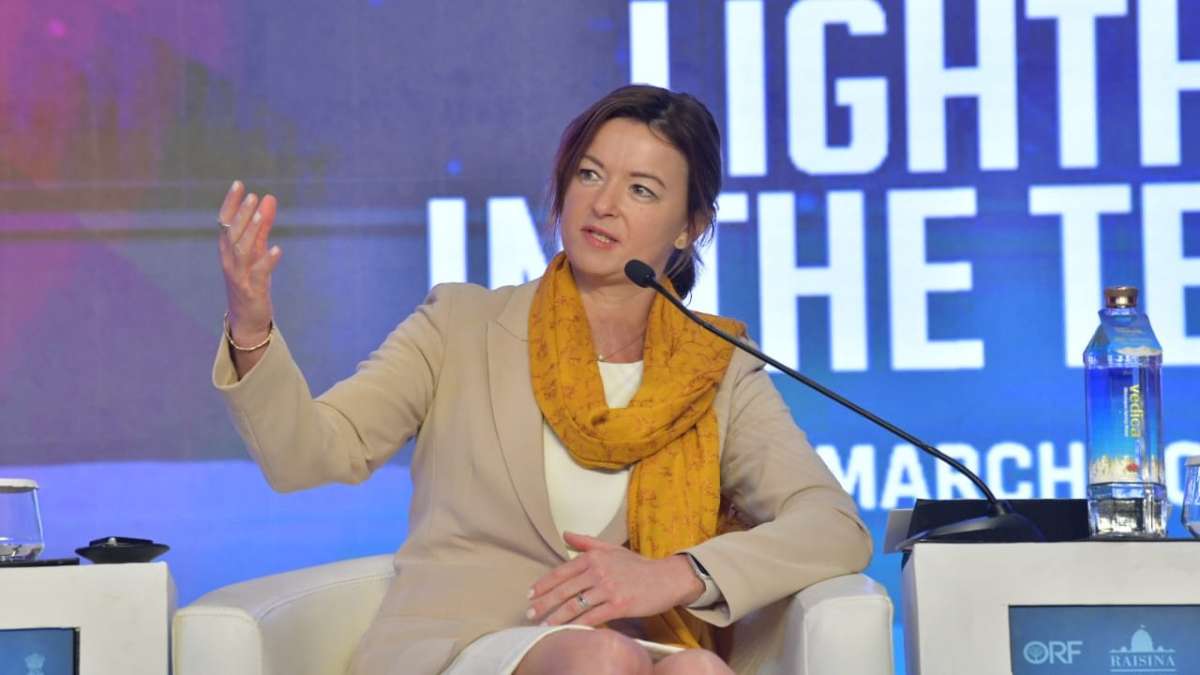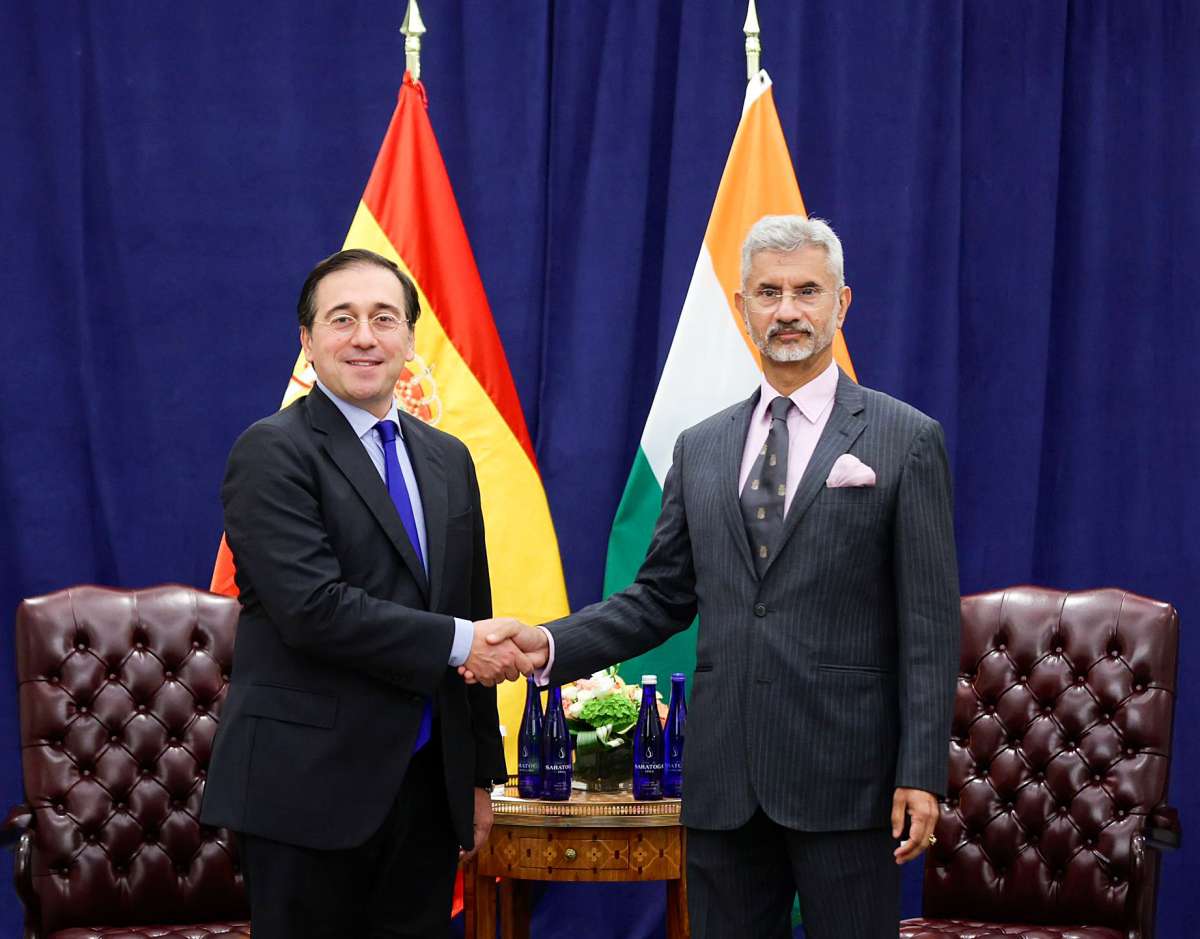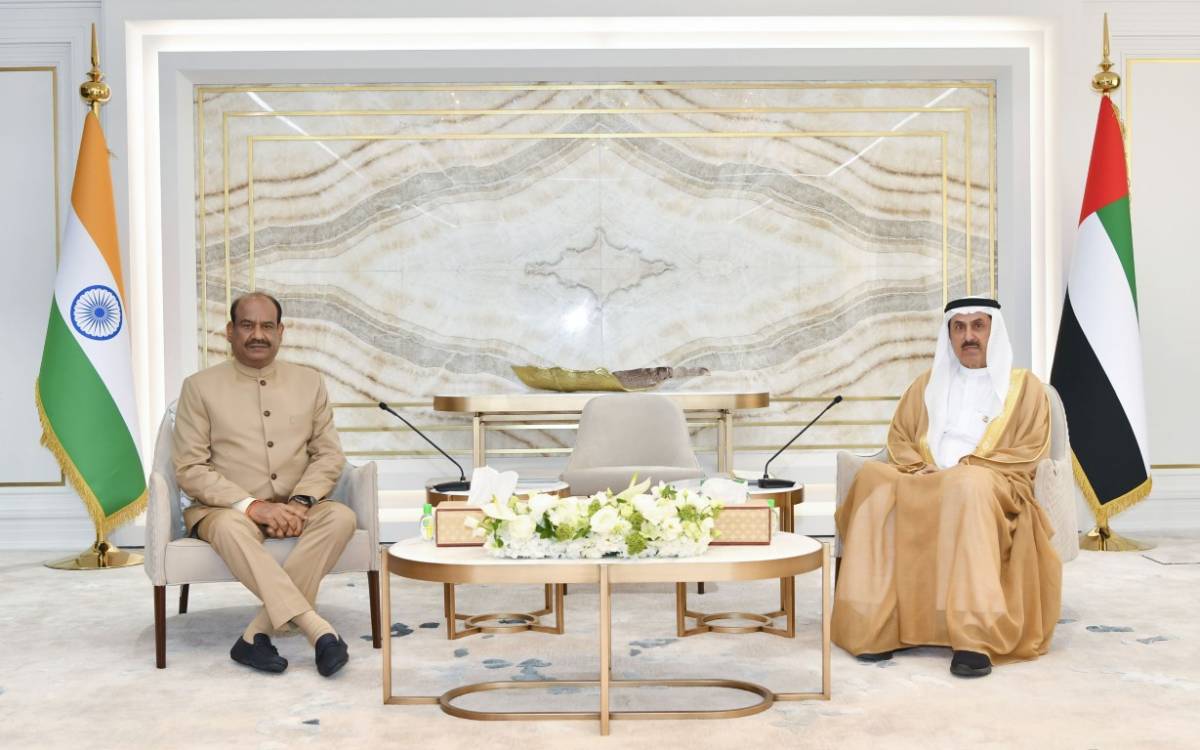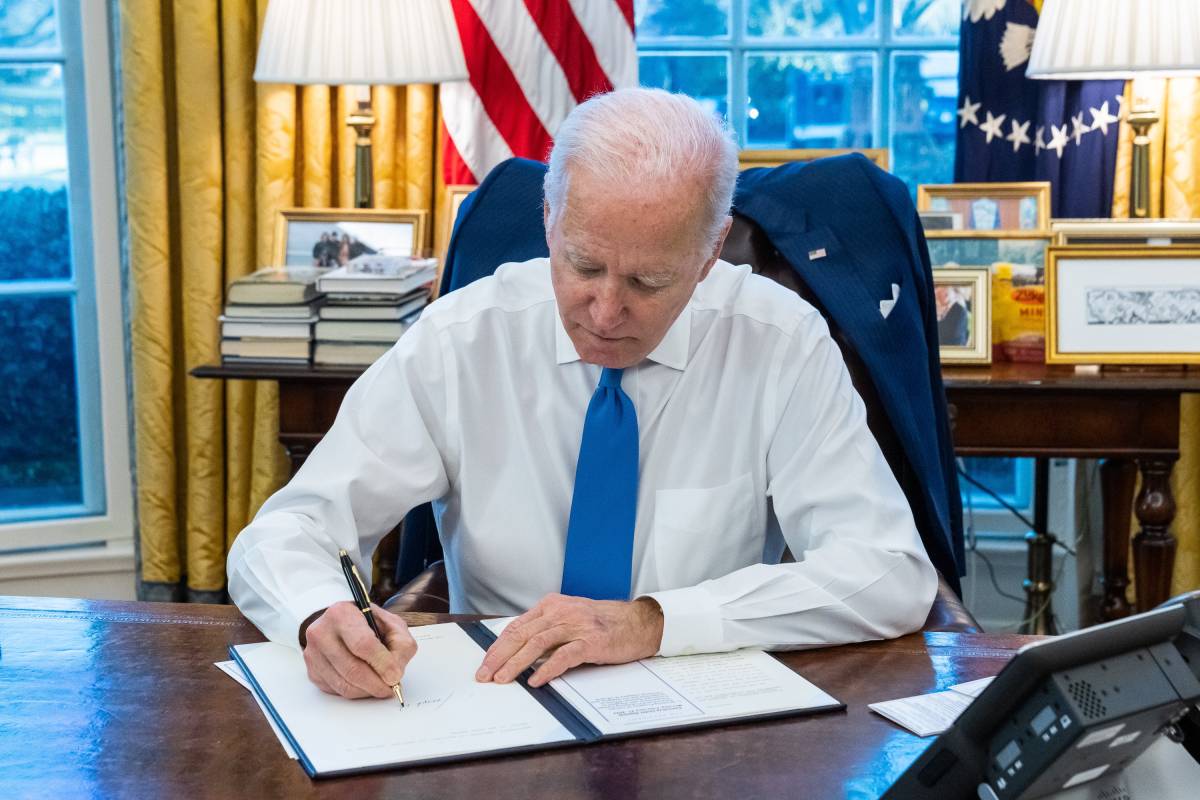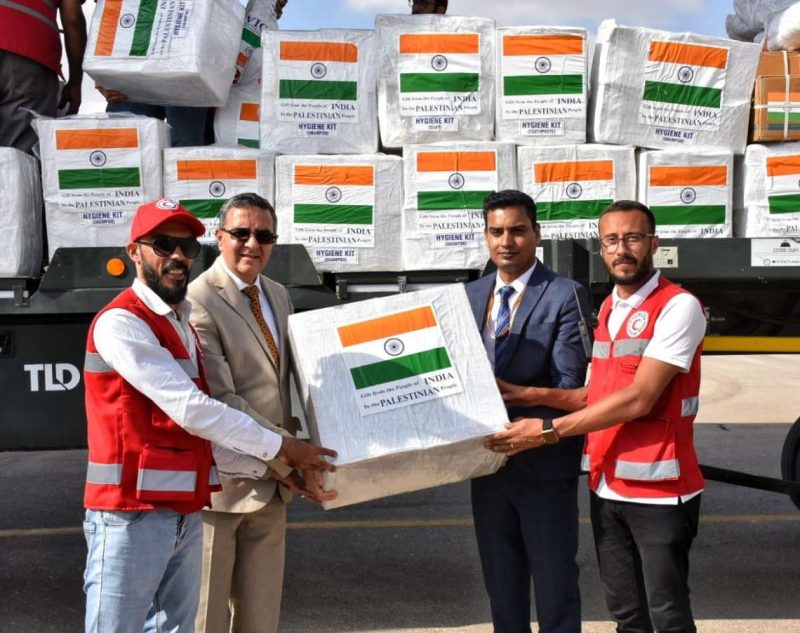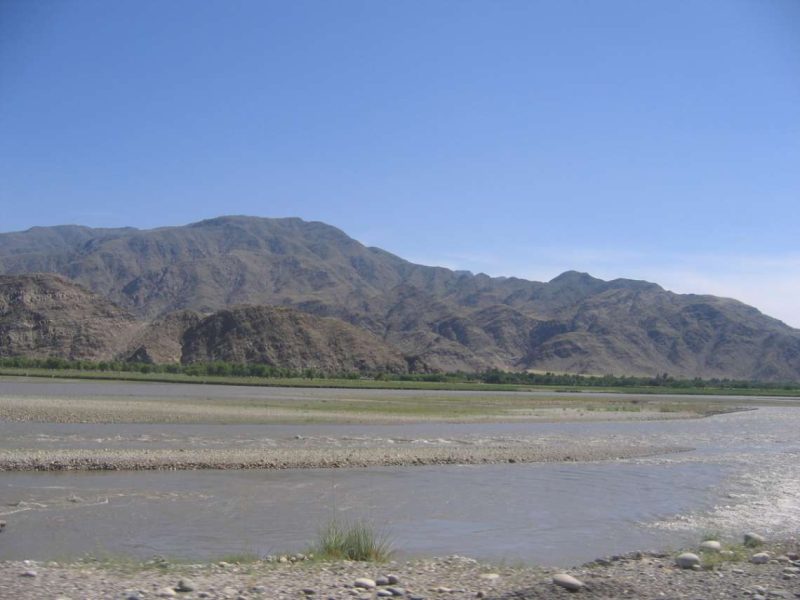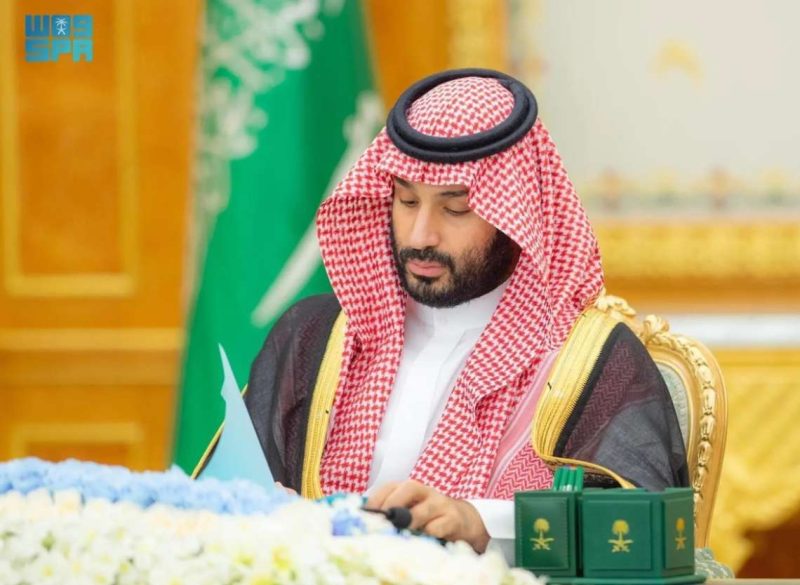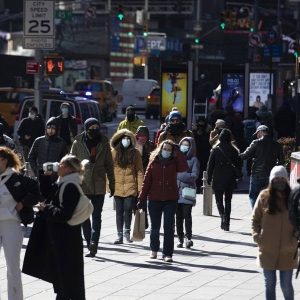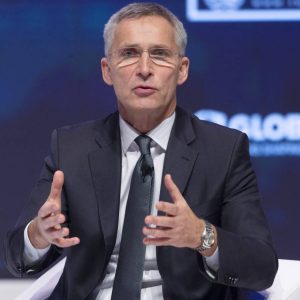“I consider it necessary to make a long overdue decision — to immediately recognize the independence and sovereignty of the DPR and the LPR,” said Putin …reports Asian Lite News
Russian President Vladimir Putin has signed two decrees recognizing “the Lugansk People’s Republic (LPR)” and “the Donetsk People’s Republic (DPR)” as independent and sovereign states.
At a ceremony held in the Kremlin on Monday, Putin also inked the Treaty of Friendship, Cooperation and Mutual Assistance between Russia and the LPR and the DPR respectively with the heads of the two “republics,” a Kremlin statement said, Xinhua news agency reported.
“I consider it necessary to make a long overdue decision — to immediately recognize the independence and sovereignty of the DPR and the LPR,” Putin said in a televised address to the nation.
“Russia has done everything to preserve the territorial integrity of Ukraine” by fighting for the implementation of 2015 Minsk agreements, but all the efforts ended up in vain, he told the public.
According to Putin, nearly everyday there is Ukrainian shelling of settlements in Donbass and “there is no end in sight.”
The crisis of European security occurred due to the eastward expansion of the North Atlantic Treaty Organization (NATO), which has led to the loss of mutual trust with Russia, Putin stressed.
He called it just “a matter of time” for NATO to accept Ukraine as a member state and then build facilities on its territory so that the level of military threats to Russia will rise dramatically.
As Moscow asked the United States and NATO for security guarantees, the Western countries precisely ignored Russia’s fundamental concerns and nothing has changed in their position, Putin noted.
In such a condition, Russia “has every right to take retaliatory measures to ensure its own security,” the president said.
Putin said he is aware that the West is trying to “blackmail” Russia again with sanctions, but he believes that sanctions will continue just because Russia exists, regardless of the situation in Ukraine.
After recognizing the independence of the LPR and the DPR, Putin instructed the Russian armed forces to ensure peace in the two “countries.”
Earlier in the day, the Russian Security Council held an extraordinary meeting, when the country’s top officials supported the recognition of the two “republics.”
On Monday evening, Putin had phone conversations with French President Emmanuel Macron and German Chancellor Olaf Scholz, who “expressed their disappointment” with Putin’s plan to recognize the LPR and the DPR, but meanwhile they showed readiness to continue contacts, according to a Kremlin statement.



